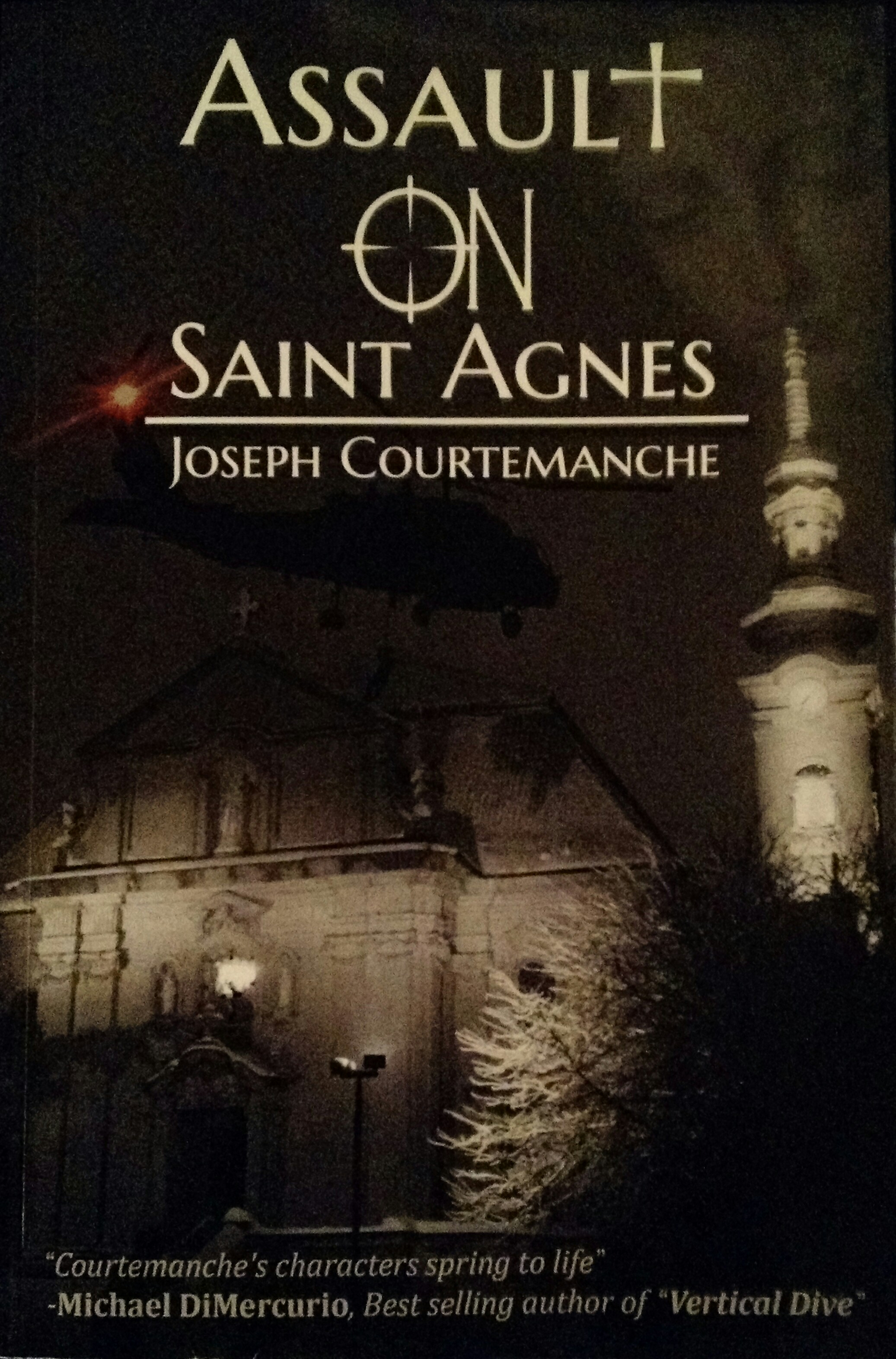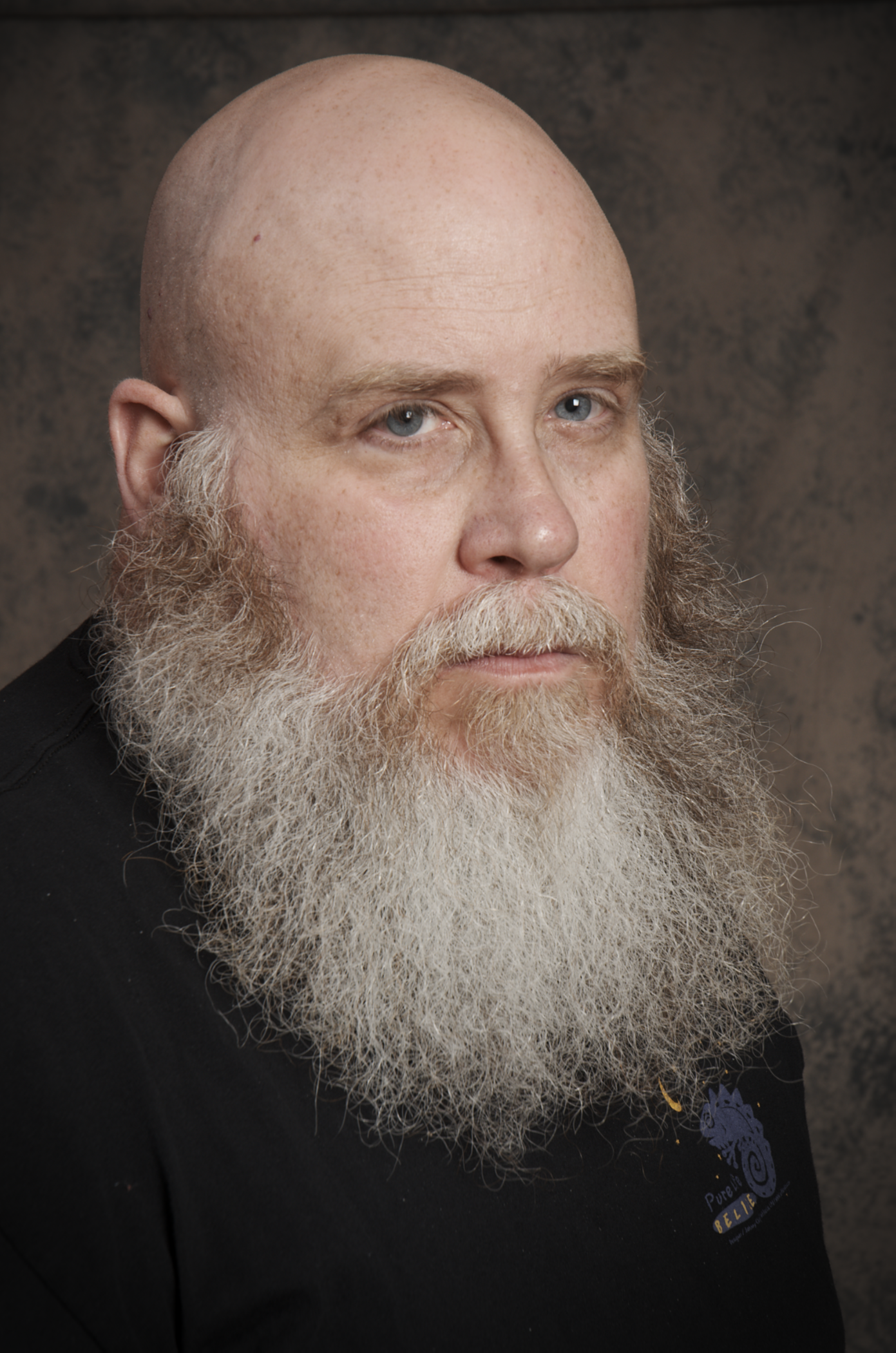North Minneapolis. Friday, July 8, 11:27 a.m.
A black Chevy Impala pulled up to the intersection of Penn and Lowry. Just then, Melvonte Peterson rolled up in his minivan, two kids inside. The driver of the Impala fired two shots at Peterson’s vehicle—one bullet grazing fifteen-month-old Melia’s leg and the other striking two-year-old Le’Vonte in the chest. Peterson returned fire, hitting the nearby hardware store before he sped off to North Memorial Medical Center.
As I drove east on I-94 on Friday morning, July 15, I remembered the chilling details from the news the week before and gripped the steering wheel like it was one more life slipping away. I watched for the Snelling exit, tension claiming the space between my eyes.
It would be a day of firsts for me: the first funeral I would attend for a stranger, the first for someone who had been murdered, the first for a child.
I arrived at Bethel Christian Fellowship in Saint Paul too easily. I should have circled the block numerous times, at last snagging a parking spot a mile away. Instead, I parked only feet from the front door. A packed sanctuary should have forced me to stand in the back, straining to hear the preacher’s words about the little one. Instead, I had my choice of any seat in the house.
The previous day, three-thousand people had attended the funeral for Philando Castile, a man killed by a police officer on July 6 at a traffic stop in Falcon Heights. But at the service I attended on Friday for Le’Vonte Jones, the two-year-old gunned down on July 8 in north Minneapolis, not even three-hundred mourners made an appearance. I gritted my teeth at the unequal treatment of two humans, now gone.
Did the public consider this an issue of age? Was Le’Vonte worth less because he had enjoyed fewer trips around the sun than Philando? Or did the credentials of a shooter determine the value of a victim’s life? I frowned and clung to my belief that all black lives equally matter.
I made my way down the aisle to the front of the church. A tiny white casket cradled the toddler, stuffed toys propped at his feet. I gazed at the child’s body—so similar to the little boys who had stayed in our home—and wept at violence snatching yet another life from my neighborhood.
To the right of the coffin stood a woman holding a box of tissues. She looked at me, her mouth curving up at the corners. A question mark lit her eyes.
I’m no one, I felt like saying. I’m just here to cry too.
“Bless you,” she whispered as she wrapped me in a hug. “Bless you. Bless you.”
Then I turned toward LeShae, the boy’s mother, who toted fifteen-month-old Melia on her hip. Serene and thin, she spoke to the person ahead of me, her voice a gentle breeze. My gaze drifted to a wound on the baby’s leg—evidence of the other bullet that had ripped through the minivan that day.
“I’m from north Minneapolis.” I said when it was my turn. “I’m so sorry.” My words, backed by gold, sounded like tin.
“Thank you.” She circled an arm around me, and I hugged her back, taking care not to crush her.
I left the grieving mother to the next mourner and strode toward the back of the church to find a seat. A woman I had met at Birdell Beeks’ vigil a month earlier settled into the chair next to mine.
She pointed her chin toward LeShae. “She had another baby—a girl—just one week before Le’Vonte died.”
I blew out a breath. One week, life; the next week, death. “Where’s the dad?” I asked.
The woman extracted a tissue from her purse. “He was arrested this morning in connection with the shooting.”
The sun shone through the church windows, and I shivered. Instead of filling the sanctuary with warmth, the light exposed everything: dead toddler, injured baby, arrested father, hurting mother.
Hopelessness crept up my throat.
The service began. A soloist sang “Soon and Very Soon”, and I clapped along with the congregation, because I wanted to feel it too. Two women circulated the sanctuary with boxes of tissues. Then the preacher stood and delivered a message. He spoke of the boy, stolen away by the violence that too often raged through the streets of north Minneapolis.
Then he held out his own past for all of us to see.
“I was a shooter too. But God transformed me.” The pastor thumped his chest with a fist. “You see, He gave me a new heart.”
My friend leaned toward me. “He shot a cop,” she whispered. Then she clutched my arm, her eyes shining. “But the cop forgave him.”
In the days following Le’Vonte’s funeral, I sifted through the details, recalling the meager number of mourners gathered for a horrid reason. Was there any good in any of it? But then I remembered the story of a man—once a shooter—now forgiven, redeemed, transformed.
And a stream of light pierced the darkness of our times. Hope had broken through again.
*Miss an installment of the blog? Or want to catch the story from the beginning? Visit http://www.tamarajorell.com/blog-entries-by-date
*Names in this blog have been changed to protect my family, neighbors, and friends in the neighborhood, and in a nod of appreciation to the beloved Swedish author Maj Lindman, I’ve renamed my three blondies Flicka, Ricka, and Dicka.









